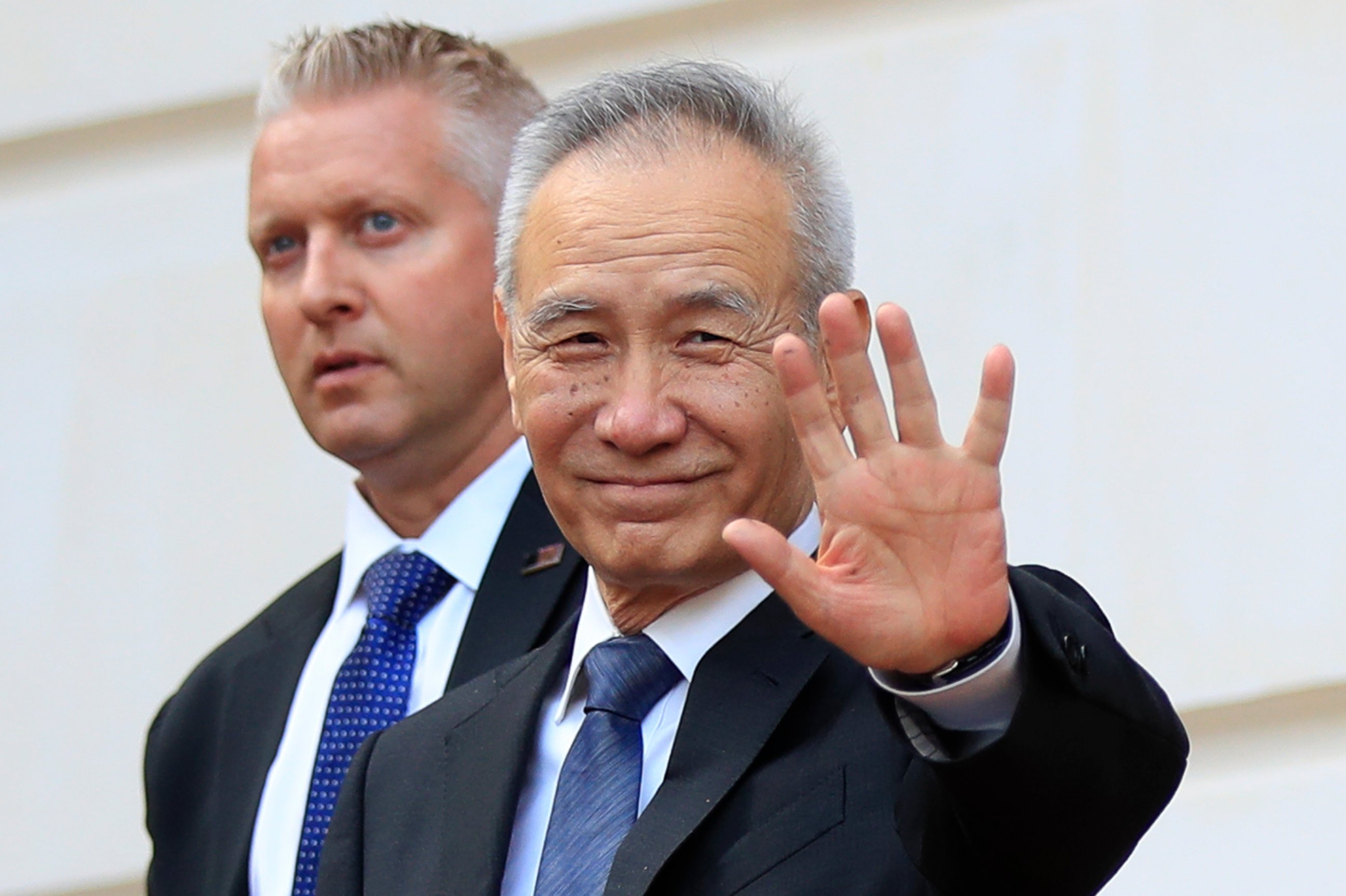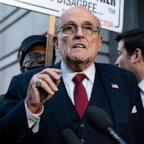Beijing vows retaliation after US increases tariffs on $200 billion of imports
Beijing said that it has no choice but to retaliate after US raises new tariffs.
HONG KONG -- After the working dinner between U.S. and Chinese negotiators in Washington ended after only 90 minutes and without a last-minute deal, President Donald Trump's threat to raise tariffs on $200 billion worth of Chinese goods went into effect at 12:01 a.m. Friday.
The response from China to the U.S. increasing levies on imported goods to 25% from 10% was immediate. At least on paper.
"China deeply regrets that it will have to take necessary countermeasures," the Chinese Ministry of Commerce said in a statement released two minutes after the new tariffs took effect.
But Beijing has yet to announce exactly how it will retaliate.
The increased tariffs are a dramatic escalation in the year-long trade dispute between the world's two largest economies, which had enjoyed an extended ceasefire since late November, when Trump and Chinese President Xi Jinping met on the sidelines of the G20 summit in Argentina. That ceasefire was intended to create a window for negotiators to finalize a deal.

A final agreement was expected soon, at least until the U.S. side accused the Chinese of backtracking on commitments -- angering Trump, who issued a Twitter threat to raise tariffs by the end of this week.
Bloomberg News reported that in the buildup to the midnight deadline, the MSCI AC World Index lost more than $2.1 trillion in value, but market reactions across Asia was mixed on Friday. Aside from Japan's Nikkei, which closed slightly down, about minus .3%, most markets were trending slightly up. Hong Kong's Hang Seng Index closed up almost 1%.
The Shanghai Composite even rallied in the afternoon session after an initial dip, closing up 3.1%. But, according to a Bloomberg News report, Chinese state-backed funds, often dubbed the "National Team," were active in buying up domestic Chinese stocks after the tariffs went into effect, propping up the market.
The Chinese statement added that talks between the U.S. and China are ongoing and there was hope the two sides could still "work together to resolve existing issues."
China's top trade negotiator, Vice Premier Liu He, is expected to reconvene with his U.S. counterpart, Trade Representative Robert Lighthizer, and Treasury Secretary Steve Mnuchin on Friday morning in Washington for a second day of talks.
The impact of the tariff hike unlikely will be felt for another few weeks. The increased taxes only apply to shipments leaving China after midday Friday and don't affect shipments already in transit.
Because it usually takes about three weeks for container ships to travel from Chinese ports to destinations in America, negotiators still could reach an agreement before shipments arrive.




